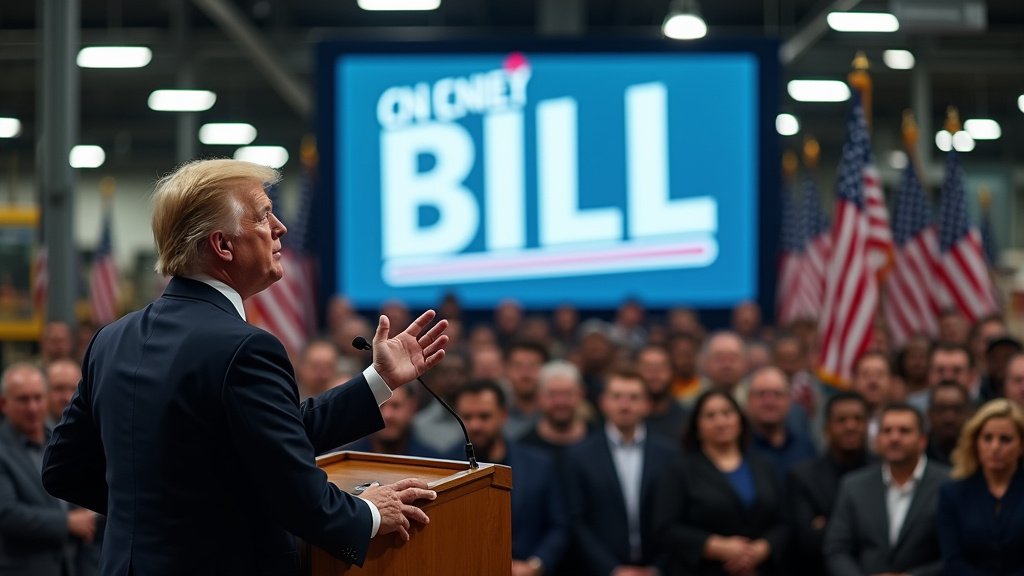Washington, D.C. – On May 14, 2025, the state of American health and the effectiveness of its vast healthcare spending were the central themes as U.S. Department of Health and Human Services (HHS) Secretary Robert F. Kennedy Jr. appeared before the House Labor, Health and Human Services, Education, and Related Agencies Subcommittee.
Subcommittee Chairman Robert Aderholt (R-AL) convened the hearing to examine the department’s Fiscal Year 2026 budget priorities. However, the session quickly broadened into a critical assessment of why the United States, despite allocating nearly $2 trillion annually to healthcare – a figure representing over a quarter of federal outlays – continues to lag behind other developed nations in key health outcomes.
Challenges in American Health Outcomes
Chairman Aderholt opened by underscoring a persistent paradox: immense investment yields suboptimal results. He highlighted the urgent need to strengthen public health systems and improve the overall well-being of American citizens. “We spend more per capita than any other nation on healthcare, yet our life expectancy and chronic disease rates tell a different story,” Aderholt stated, pointing to the critical disparities that persist across the country.
A significant portion of the discussion focused on the unique and often severe healthcare challenges facing rural communities. These areas frequently report higher rates of chronic conditions such as heart disease, diabetes, and cancer. Compounding these health issues are systemic pressures on local healthcare infrastructure, including the troubling trend of rural hospital closures. Chairman Aderholt cited the stark reality in his home state of Alabama, where 14 hospitals have closed their doors since 2010, leaving residents with reduced access to essential medical services. Persistent healthcare workforce shortages in these regions further exacerbate the problem, making it difficult for residents to receive timely and adequate care.
Proposed Structural Reforms at HHS
The hearing also delved into potential structural reforms aimed at increasing the efficiency and effectiveness of HHS operations. Discussions included proposals for significant departmental restructuring, such as the creation of a new entity tentatively named the Administration for a Healthy America. This proposed body would potentially consolidate or streamline certain public health functions to achieve better coordinated outcomes.
Furthermore, the need to overhaul the National Institutes of Health (NIH) was addressed. Building on previous reform proposals, notably those from the House Energy and Commerce Committee, lawmakers and Secretary Kennedy Jr. discussed ways to enhance the nation’s premier biomedical research agency, potentially focusing on greater accountability, faster translation of research into public health benefits, or improved grantmaking processes.
Border Security, Public Health, and Conscience Rights
Beyond structural reforms, the hearing touched upon broader factors influencing public health. Chairman Aderholt noted the positive public health benefit resulting from reduced inflow of illicit substances, specifically citing a 54% reduction in fentanyl entering the country attributed to enhanced border security efforts. He linked this development directly to saving American lives and reducing the burden on public health and healthcare systems dealing with opioid addiction and overdoses.
The critical issues surrounding the sanctity of life and the conscience rights of medical professionals were also raised. Chairman Aderholt emphasized the importance of protecting healthcare workers from being compelled to participate in procedures that violate their deeply held moral or religious beliefs. Secretary Kennedy Jr. reiterated his commitment to upholding these rights, referencing previous pledges made by the department on these sensitive matters.
Path Forward: Collaboration for Improvement
Both Chairman Aderholt and Secretary Kennedy Jr. expressed a commitment to fostering a collaborative legislative process to achieve meaningful improvements to the American healthcare system. The hearing served as a platform to air concerns, explore challenges, and signal potential avenues for reform as Congress and the administration look towards shaping the future of health policy and investment, particularly in the context of the Fiscal Year 2026 budget cycle. The complex interplay between spending, outcomes, access, and ethical considerations remains at the forefront of national dialogue on healthcare.












